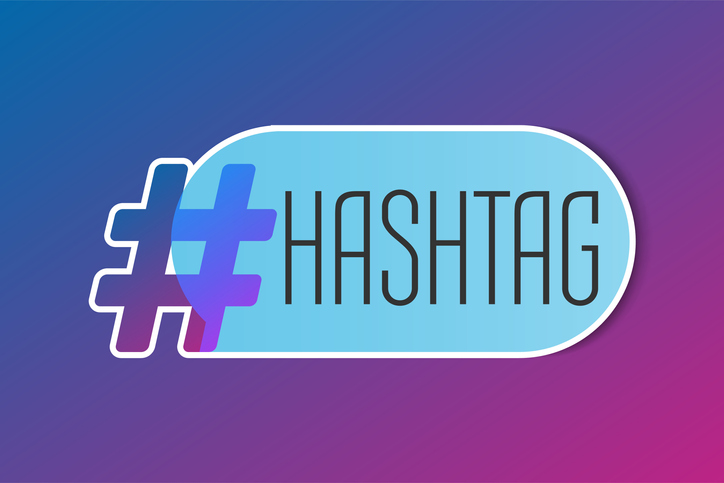In and of themselves, hashtags help make the internet easier to navigate for people who want to talk about or learn about specific things. For example, if you’re looking for travel tips and tricks, following the hashtag #travel on social media sites might lead you to helpful articles and interesting personal anecdotes. And if you want to share your own travel stories, tagging them with #travel can make them easier for others to find.
Hashtags don’t always mean what you might think they mean.
But while the practice of using hashtags can be helpful in many ways, it can also have a dark side. Take a look at some ways that children and teenagers can run into online dangers with hashtags.
Innocent-Looking Hashtags Can Disguise Harmful Messages
For teenagers, it can be easy to take things to extremes, especially when peers are pressuring them to increasingly more drastic steps in a particular direction. For example, a teenage girl who is worried about her weight may look for diet and exercise related posts on social media. Of course, maintaining a healthy weight is important, but for some teens, weight can become an unhealthy obsession that can lead to harmful and dangerous behaviors.
A teen who is already insecure about her weight may find posts tagged with “#thinspiration”, or some variant of that tag, and think that they’ve found a community that will support them in healthy weight loss. However, that hashtag, as well as related hashtags like #thynspiration,” “#thinspire,” or “#thinspo” are actually associated with pro-eating disorder communities.
You may be surprised to learn that pro-eating disorder communities even exist, but they’ve been around nearly as long as the internet has been around, and they have evolved language specifically meant to allow them to teach others how to starve themselves without being banned, moderated, or deleted.
The #thinspiration hashtag and related hashtags are part of that language. And the same language that prevents these communities from being banned from social media sites and forums can also lead teens who are looking for diet advice into harmful, disordered eating habits.
Teens Use Hidden Hashtags to Deceive Parents

Some teens use hashtags as a kind of code language, but parents need to learn the codes.
Not only can teens be victims of misleading hashtags, but they may also use them themselves in order to hide some of their activities from parents or other authority figures. If your teen knows that you monitor their activities online, they may use hashtags that they think you won’t understand in order to talk with their friends about things you wouldn’t approve of.
For example, the hashtag #tina refers to the drug crystal meth. Teens sometimes use the hashtag #whatnottowear, paired with a picture of their target, as a way of cyberbullying their peers. Hashtags can also reveal a teen’s need for adult intervention. The hashtags #svv, which means self-harm, and #sue, which means suicide, should be viewed as serious if they appear in your child’s timeline.
Keeping your teen safe online means that you can’t just view their posts and responses, you also need to know what those posts mean. Monitoring should be paired with research into the language your teens use online, so don’t be reluctant to do some hashtag research of your own. And if you’re interested in comprehensive parental computer monitoring software, we invite you to get our risk free trial.


